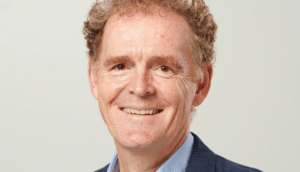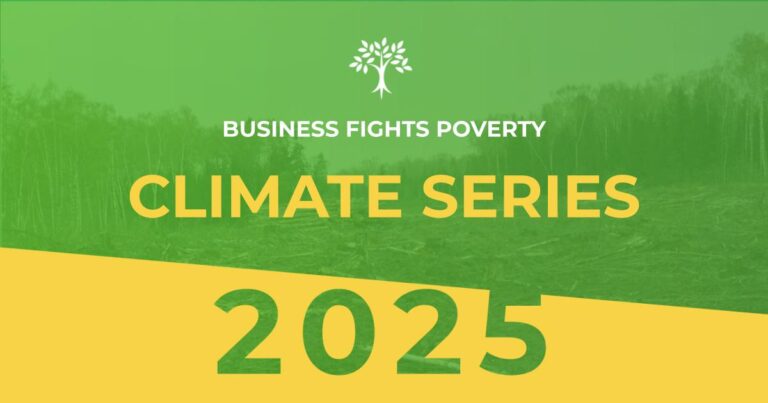On Women’s Entrepreneurship Day, we should recognise an often-overlooked truth: women entrepreneurs are not just good for advancing equality – they are essential to the world’s economic future.
The International Monetary Fund (IMF) estimates that if women participated in economies equally to men, some countries could boost GDP by up to 40 per cent. Yet, at the current rate of progress, the World Economic Forum warns that global gender parity is more than a century away. That is not only unjust – it is economically irrational. The world is leaving vast reserves of talent and innovation untapped.
Through my work with the Cherie Blair Foundation for Women, I’ve seen both the extraordinary potential and the persistent barriers women face in business. Across more than 120 countries, our research shows that systemic obstacles still hold women back: limited access to finance and networks, unequal digital access, disproportionate unpaid care work, and violence both online and offline. These are not “women’s issues” – they are structural economic challenges.
Consider the paradox. Women make up nearly half the world’s population and own a growing share of small businesses, yet they receive barely 2 per cent of global venture-capital funding. Meanwhile, women perform most unpaid care work – an invisible contribution worth trillions. Until those barriers are dismantled, growth will remain slower and more fragile than it should be.
Change, however, is possible. The 2011 Lord Davies’ Report on Women on Boards demonstrated what happens when governments, investors and businesses work together to drive systemic change. At the time, fewer than one in ten FTSE 100 board members were women. Today, that figure stands above 40 per cent. That shift didn’t happen by chance. It happened because clear targets were set, progress was tracked, and tokenism was no longer accepted. We need that same collective determination to close the gender gap in entrepreneurship.
Women business owners are already driving solutions to global problems – from climate change to digital inclusion. In Africa, women run around a quarter of all businesses. In Southeast Asia, many are pioneering green technology and inclusive employment. Through our Foundation’s programmes – from the HerVenture mobile learning app, through our training programmes, to our Mentoring Women in Business initiative – we have seen thousands of women expand their enterprises, employ others and transform their communities. When women thrive, economies prosper.
But goodwill alone won’t deliver change. Governments, banks and corporations must act decisively.
That means reforming financial systems to open credit and investment to women; supporting affordable childcare and parental leave; embedding gender equity in digital and AI policy; and tackling bias in procurement and leadership pipelines. We also need stronger laws to protect women from gender-based violence – a human-rights issue that is also an economic one.
Businesses can lead too. Investing in women – through inclusive supply chains, gender-lens investing and mentorship – yields measurable returns. In 2015, McKinsey estimated that advancing women’s equality could have added $12 trillion to global GDP by 2025. Empowering women entrepreneurs is not a cost; it is a growth multiplier.
This is a difficult moment for women’s rights. Around the world, we see rollbacks on reproductive freedoms, attacks on diversity initiatives and widening digital divides. But this should galvanise us, not paralyse us. The answer to instability and stagnation lies in inclusion, not exclusion.
Women entrepreneurs are the architects of that inclusive future. They show every day that doing good and doing well can go hand in hand. What they need now is not sympathy but support – from policymakers, investors and society as a whole.
If we want a sustainable global economy, we must put women at its heart. Advancing women’s entrepreneurship isn’t just the right thing to do; it’s the smart thing to do – and the surest route to a fairer, more prosperous world for everyone.










